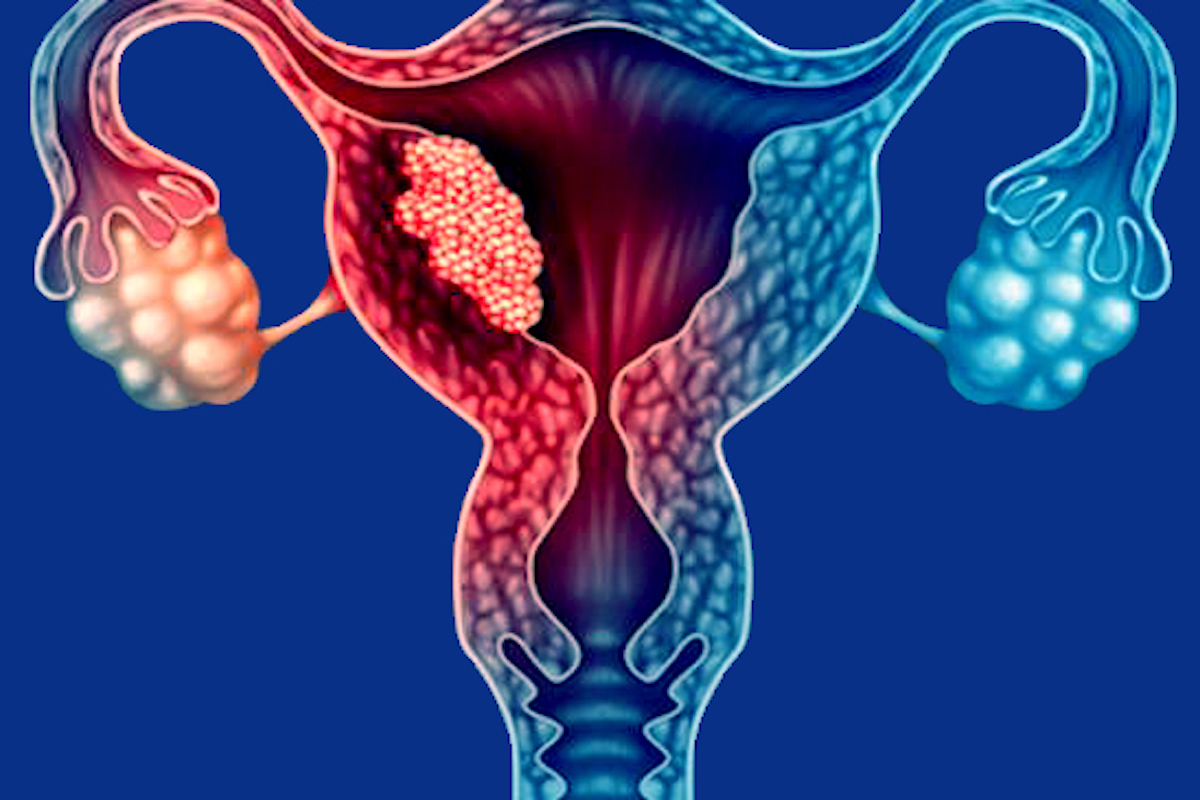What causes uterine (endometrial) cancer is still a big question. They do know it is caused by something that creates mutations (changes) in the patient’s DNA cells of the endometrium. This mutation causes healthy and functioning cells to turn into abnormal cancer cells. Most medical scientists believe it has a lot to do with the balance between estrogen & progesterone.

Risk Factors of Uterine (Endometrial) Cancer
The good news is they do have a clear picture of which factors increase the chances of getting uterine cancer, which means people can take this into account and try to prevent some risk factors. The bad news is, that there is nothing you can do about most of the risk factors because they happen naturally. Risk factors that increase uterine cancer, include:
- Changes in the balance of female hormones
- Age; 50 years and older
- High animal fat diets
- HNPCC gene (hereditary nonpolyposis colorectal cancer)
- Diabetes
- Obesity
- Ovarian diseases
- Getting your period before age 12
- Getting into menopause after age 50
- Long menstruation span
- Not getting pregnant
- Radiation therapy to the pelvis
- Estrogen replacement therapy
- Certain medication, like tamoxifen
Signs & Symptoms of Uterine (Endometrial) Cancer
Recognizing endometrial cancer is hard, as most symptoms resemble many other medical conditions – especially other conditions that affect the female reproductive organ. Symptoms include:
- Vaginal bleeding between periods before menopause
- Vaginal bleeding or spotting in postmenopause (also small amounts)
- Pain in the lower abdomen
- Cramping in the pelvis (just below the abdomen)
- Thin white or clear vaginal discharge when you’re in postmenopause
- Extremely prolonged, heavy, or frequent vaginal bleeding when age 40+
How endometrial cancer is diagnosed? You’ll read all about it on the next page.

